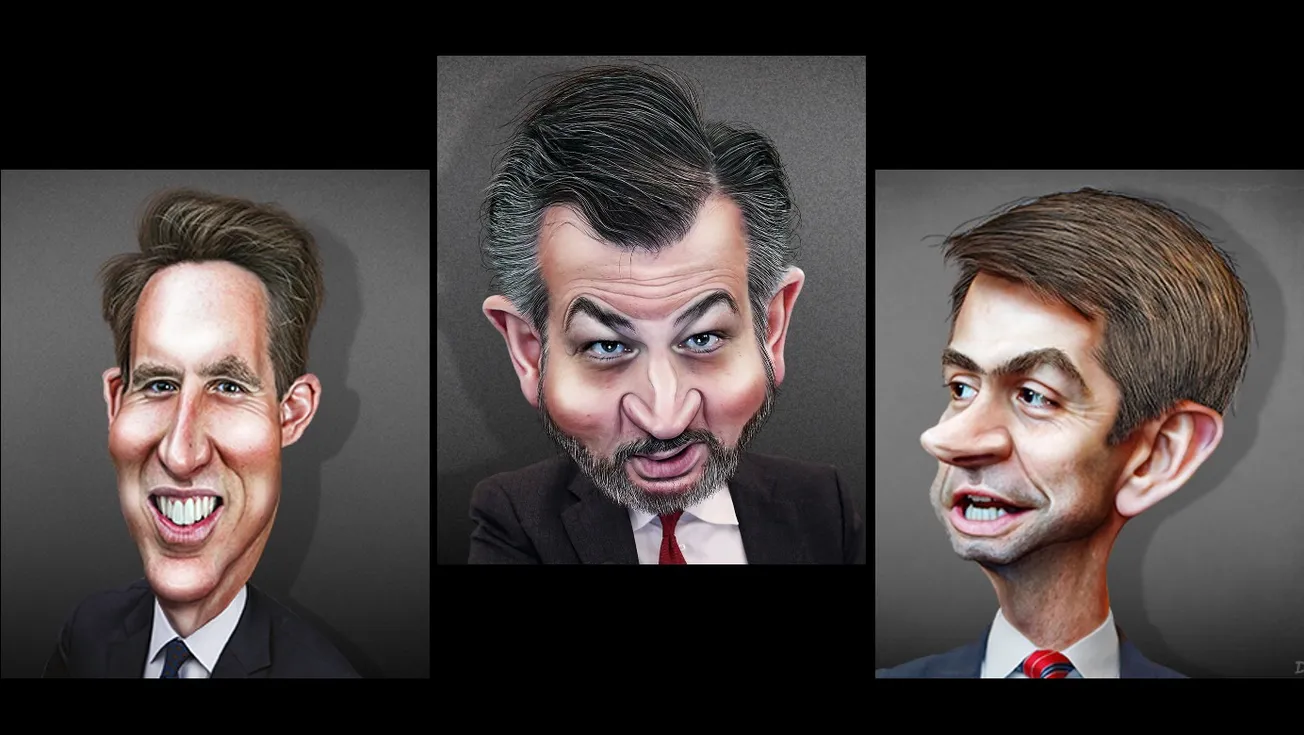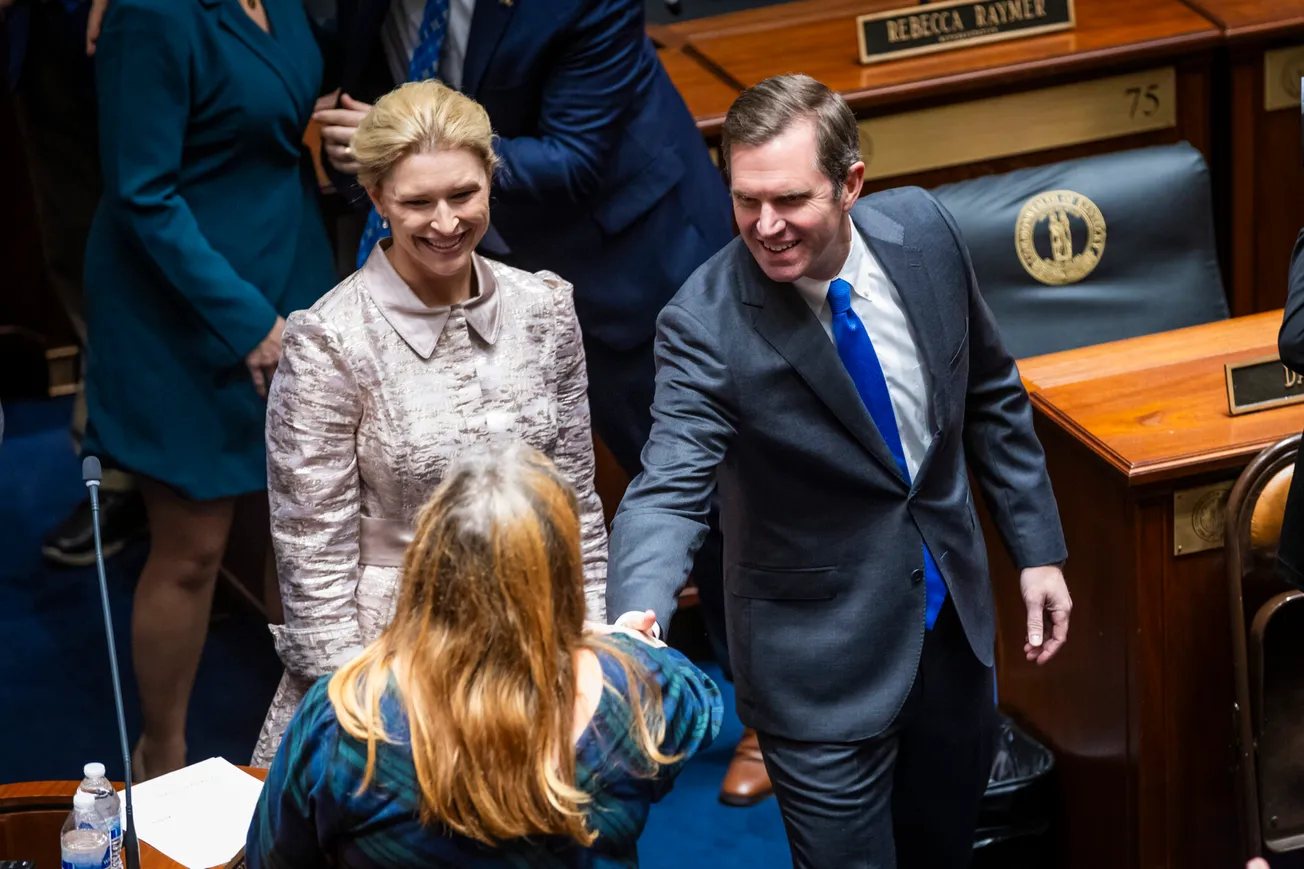“Ethnic entrepreneur” might sound like a term for a successful minority businessperson.
It’s not. Ethnic entrepreneurs are “instigators of conflict,” Barbara F. Walter recently wrote in Time magazine. Make that instigators of racial and ethnic conflict.
Typically, ethnic entrepreneurs are influential politicians, preachers, pundits, and TV personalities whose stock-in-trade is fomenting white grievance politics. “Though the catalyst for conflict is often ostensibly something else — the economy, immigration, freedom of religion — ethnic entrepreneurs make the fight expressly about their group’s position and status in society,” explained Walter, an international relations professor at the University of California-San Diego and author of How Civil Wars Start: And How to Stop them.
“Harnessing the power of the media, they work to convince citizens that they are under threat from an out-group and must band together under the entrepreneur to counter the threat. They also try to persuade those in their group, often with incendiary language, that they are superior and ‘deserve’ to dominate.”
Ethnic entrepreneurs are common worldwide, according to Walter. In America, she warned, “they’re more dangerous than we’ve been led to believe.”
Ethnic entrepreneurs “are willing to make discriminatory appeals and pursue discriminatory policies in the name of a particular group. They provoke and harness feelings of fear as a way to lock in an ethnic constituency that will support their scramble for power. … Separate and hostile ethnic and racial identities don’t exist in a vacuum; they need to be crafted — and these individuals rise up to do just that.”
In America, Donald Trump is “the biggest ethnic entrepreneur of all,” Walter wrote. “And in his bid for power, he realized that appeals to identity could galvanize his political base. In the past, he had made a racist crusade of questioning Obama’s birthplace. Now he embraced identity politics explicitly and with gusto. He painted Black Americans as poor and violent. He referred to Mexicans as criminals. He spoke of Christian values, despite numerous accusations of sexual assault. He called women ‘horseface,’ ‘fat,’ and ‘ugly.’ Once sworn into office, he quickly instituted a travel ban on many Muslim countries, and called Haiti, El Salvador, and African nations ‘shithole’ countries. His policies were nativist policies: He started building a ‘big, beautiful wall’ along the border with Mexico, pulled out of international agreements, and started a trade war against China. Trump retweeted a video of a retiree in Florida chanting ‘white power.’ And he threatened to veto a defense spending bill in order to protect the legacy of Confederate generals on U.S. Army bases.”
Trump has plenty of company in his party and their allies in the Religious Right and right-wing media. “Here in the U.S., ethnic entrepreneurs are thriving,” Walter wrote. “But they didn’t emerge out of nowhere.”
Much of her essay is a history lesson. Indeed, GOP ethnic entrepreneurship “began in force” in the 1960s, starting with President Richard Nixon’s cynical “Southern Strategy” aimed at making Republicans of white Southern Democrats riled over the national Democratic party’s support for landmark federal civil rights bills.
She added, “future Republican candidates would rely on similar appeals to win the presidency, though always with coded language, whether it was Ronald Reagan shaming ‘welfare queens’ or George H. W. Bush disparaging Willie Horton. George W. Bush’s campaign was accused of spreading rumors that John McCain had fathered an illegitimate Black child.”
GOP ethnic entrepreneurs also went after and sewed up most of the conservative, Protestant evangelical Christian vote. “By appealing to core policy concerns like gun rights and by stoking anxiety about immigration and America’s changing racial demographics (whites are projected to be in the minority by 2045), Republicans have been able to win over larger and larger shares of the white rural vote. Likewise, the Democratic Party has become an increasingly urban party by doing essentially the opposite — trying to reduce violence by restricting access to guns and embracing the diversity that is reshaping urban America.”
She also wrote that social media added fuel to the fires of division. “Just as the two parties were diverging on identity, Twitter exploded, Facebook went mainstream, and social media became an ever present part of our lives. Critically, a network of gleeful ethnic entrepreneurs realized that they could gain ratings and influence by emphasizing this division online.”
Even if Trump doesn’t run again, Republican presidential wannabes “have studied his playbook and will no doubt use it to try to catapult themselves into the White House,” Walter wrote. “They will try to attract Trump’s eighty-eight million followers, but they will also seek to gain additional ones. And they will do so by manufacturing threats, fomenting even more racial fear, and convincing whites that they truly are in the midst of an existential fight. How far will these ethnic entrepreneurs go? How far will we let them?”
A trio of Republican senators who apparently want to be president could hardly have gone further in Judge Ketanji Brown Jackson's Supreme Court confirmation hearings. Trump acolytes Tom Cotton, Ted Cruz, and Josh Hawley all proved to be 45's equals as demagogues and ethnic entrepreneurs by haranguing President Joe Biden’s nominee, the first African American woman nominated for the high court.
"If we needed a reminder of the power of race to divide, the often crude, racist undertones — or overtones — of Donald Trump’s campaigns delivered,” five-time Emmy Award-winning TV critic and author Jeff Greenfield wrote of Cotton, Cruz, and Hawley in Politico after the hearings. “The ugly rhetoric, which seemed to so many of us as disqualifying liabilities, turned out to have been assets. Features, not bugs. It’s the reason his most serious flaws of character, intelligence, and judgment are all but irrelevant to the Republican base.”
Greenfield added, “This was the chance for a trio of presidential aspirants to display their embrace of the most toxically powerful currents flowing through our politics, and to do it while confronting a nominee who symbolizes that primal fear of ‘replacement’ — the sense that ‘they’ are taking power from ‘us,’ which has made Tucker Carlson a powerful political presence and which continues to make Trump his party’s likely next nominee.”
“As an inquiry into the merits of a Supreme Court nominee, the performances of Cruz and company...[were disgraceful]. As political stagecraft, it was ‘mission accomplished.’”
“It was shameful, and it was awful,” said Murray State University historian Brian Clardy. “It was steeped in hatred, misogyny, and racism. That was obvious for anyone to see.”
At this point, Trump is a shoo-in for the Republican presidential nomination in 2024. If it’s somebody else, Cotton, Cruz, Hawley, Florida Gov. Ron DeSantis or whoever, you can bet they’ll try to tap into what Walter called Trump’s intuitive understanding “that the deep feeling of alienation among many white voters could carry him to power. And so he didn’t just focus on division, denigrating Muslims or Black Americans as the ‘other.’ Like other ethnic entrepreneurs before him, he emphasized the downgrading of the former majority — in this case, how much whites had lost. He put the grievances of white, male, Christian, rural Americans into a simplified framework that painted them as victims whose rightful legacy had been stolen. He spoke often about what was being taken away: religious rights, gun rights, job opportunities. His campaign slogan promised a return to glory: ‘Make America Great Again.’”
Of course, the Yankee George Wallace meant for whites to interpret “Make America Great Again” as “Make America White Again.” Racism was the jet fuel that propelled Trump into the White House going on six years ago (Click here, here, here and here).
And whichever “ethnic entrepreneur” wins the 2024 nomination — be it Trump or someone else — you can be sure that their campaign will be built on racism, sexism, homophobia, and religious pandering, just like Trump in 2016. Except this time, it will be much more out in the open – and much worse.








